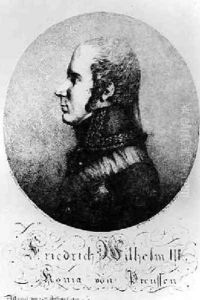Leopold, Franz Joseph Paintings
Leopold, Franz Joseph was an Austrian painter, born in 1835 in Vienna, Austria. He was part of the 19th-century European art movement, known for his detailed and vibrant landscape paintings, as well as his architectural and city scenes. Growing up in the Austrian Empire, Franz Joseph Leopold was exposed to art at a young age, which played a significant role in shaping his career path. He studied at the Academy of Fine Arts Vienna, where he was influenced by the Romanticism movement, particularly the works of artists focusing on natural and architectural beauty.
Throughout his career, Leopold traveled extensively across Europe, capturing the essence of rural landscapes, urban squares, and historical buildings. His works are characterized by their meticulous attention to detail, rich color palette, and the ability to evoke a sense of place. Unlike many of his contemporaries who focused on the emotional and subjective interpretation of landscapes, Leopold’s approach was more realistic and precise, often incorporating elements of the emerging Realism movement.
Franz Joseph Leopold's contributions to art were not limited to his paintings. He was also an influential teacher, passing on his techniques and passion for landscape and architectural painting to a new generation of artists. His works were exhibited in numerous galleries across Europe, receiving accolades for their technical skill and artistic beauty.
Despite his success, Leopold remained a relatively private figure, focusing more on his art than on cultivating a public persona. He continued to paint and teach until his death in 1905 in Vienna. Today, Leopold's paintings are held in high regard, with several pieces displayed in museums and private collections worldwide. His legacy is that of a master of landscape and architectural painting, whose works continue to inspire and captivate audiences with their depth, beauty, and precision.
